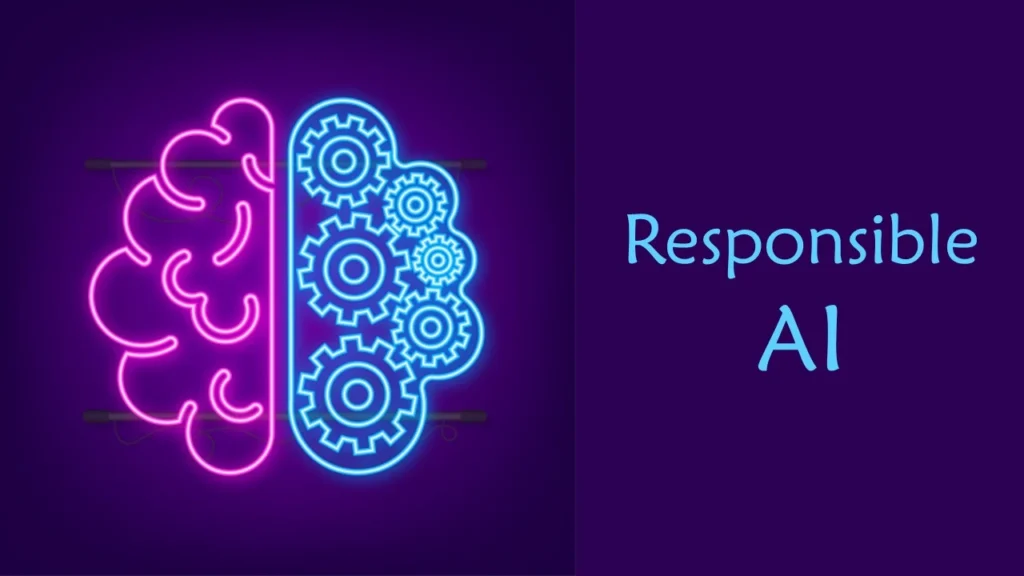Embracing Responsible AI in Data Science: Building Trust and Ethics
In the realm of data science and AI, the concept of Responsible AI has emerged as a critical framework guiding the development and deployment of AI technologies. As society increasingly integrates AI into various aspects of daily life — from healthcare and finance to education and beyond — ensuring that these technologies are fair, transparent, and accountable has become paramount. Let’s delve into why Responsible AI matters and how it shapes the landscape of modern data science.
Understanding Responsible AI
Responsible AI revolves around the principles of ethical development and deployment of artificial intelligence systems. It encompasses several key pillars
- Bias and Fairness: Addressing biases in data and algorithms to ensure equitable outcomes for all individuals and groups. Biases can inadvertently perpetuate discrimination or unfair treatment if not properly mitigated.
- Transparency and Explainability: Making artificial intelligence systems understandable and providing clear explanations for their decisions. Users and stakeholders should be able to comprehend how artificial intelligence arrives at its conclusions, fostering trust and accountability.
- Privacy and Security: Safeguarding personal data and ensuring that artificial intelligence systems adhere to privacy regulations and standards. Protecting sensitive information is crucial to maintaining user trust and compliance with legal requirements.
- Accountability and Governance: Establishing frameworks for responsible artificial intelligence development, deployment, and monitoring. This involves defining duties and obligations, evaluating potential risks, and establishing procedures to address artificial intelligence failures or unintended outcomes..
- Ethical Use: Considering the broader societal impacts of artificial intelligence technologies and promoting ethical guidelines for their design and application. This involves evaluating potential risks and benefits, as well as ensuring artificial intelligence aligns with human values and ethical norms.
Applications of Responsible AI in Data Science
1. Bias Mitigation:
- Example: artificial intelligence-powered recruitment tools in hiring prioritize relevant qualifications and skills to reduce bias and promote workplace diversity and inclusion.
2. Transparency and Explainability:
- Example: Healthcare artificial intelligence systems aiding diagnosis explain recommendations, helping doctors understand artificial intelligence-driven decisions and enhancing patient care..
3. Privacy and Security:
- Example: “Financial institutions use artificial intelligence algorithms for fraud detection while ensuring encrypted customer data and strict access controls.”.
4. Accountability and Governance:
- Example: Governments and regulatory bodies develop guidelines and frameworks for artificial intelligence use in public services, ensuring compliance with legal and ethical standards to protect citizen rights.
5. Ethical Considerations:Example: artificial intelligence in autonomous vehicles prioritizes safety and ethical decision-making, such as ensuring the protection of pedestrians and passengers in potentially hazardous situations.
Benefits of Responsible Artificial intelligence
Embracing Responsible AI offers several compelling benefits:
- Enhanced Trust: By prioritizing fairness, transparency, and ethical considerations, Responsible AI builds trust among users, stakeholders, and the general public.
- Risk Mitigation: Proactively addressing biases and privacy concerns reduces the risk of unintended consequences and potential harm from artificial intelligence deployments.
- Compliance and Legal Standards: Adhering to ethical guidelines and regulatory requirements ensures organizations remain compliant with laws governing artificial intelligence use, thereby avoiding legal liabilities.
- Social Impact: Responsible artificial intelligence promotes positive societal impacts by fostering inclusivity, protecting privacy, and ensuring artificial intelligence benefits are equitably distributed.
As data science continues to drive innovation across industries, integrating Responsible AI principles is not merely a choice but a necessity. It empowers organizations to harness the transformative potential of AI while upholding ethical standards and societal values. By embracing Responsible AI, we can pave the way for a future where artificial intelligence technologies are not only advanced but also trustworthy and beneficial for all.
In essence, Responsible AI in data science is not just about the algorithms and models; it’s about shaping a future where artificial intelligence serves humanity ethically and responsibly. Let’s commit to building AI systems that inspire confidence, promote fairness, and contribute positively to our collective well-being.
Course: Responsible AI
For More: Artificial Intelligence (AI)
